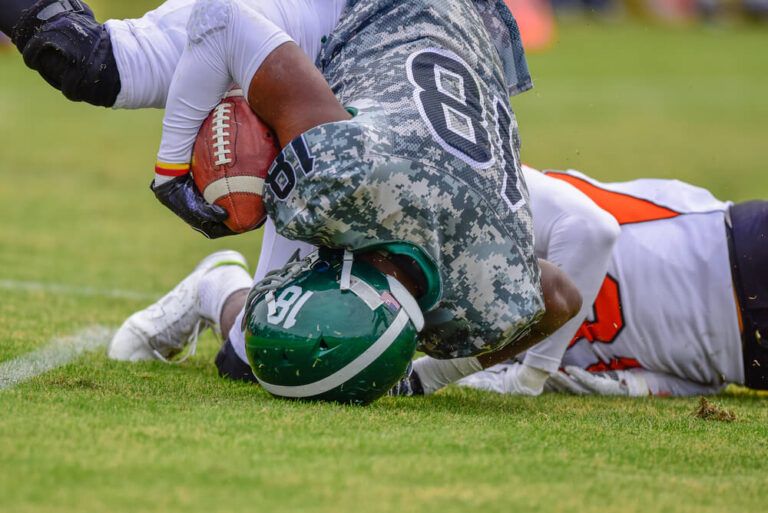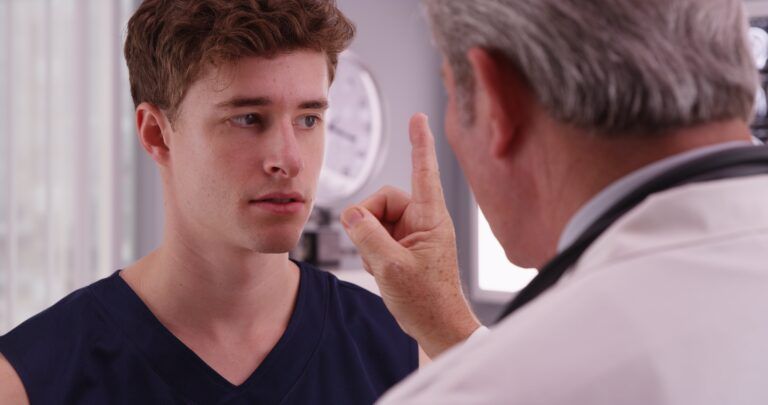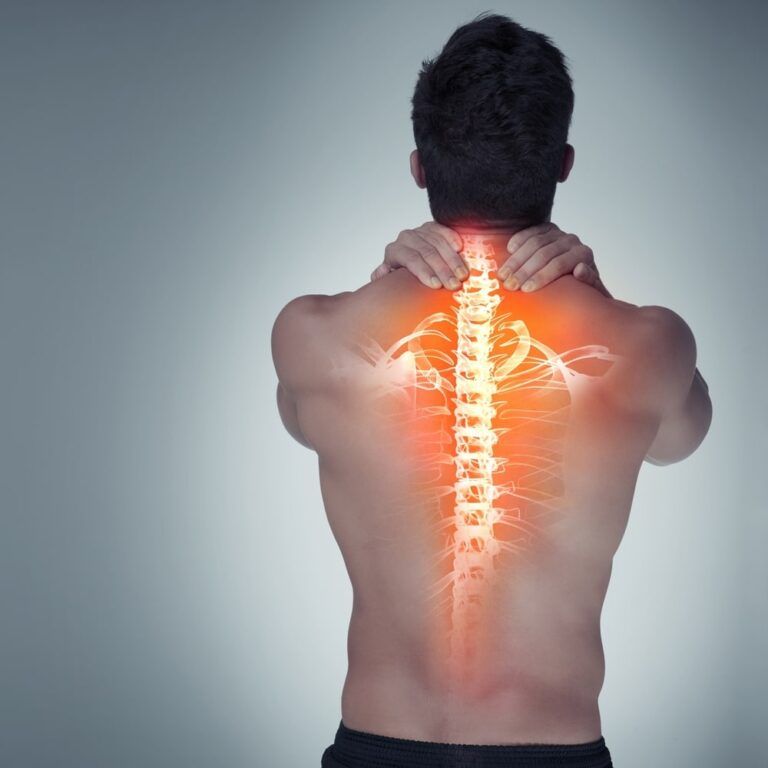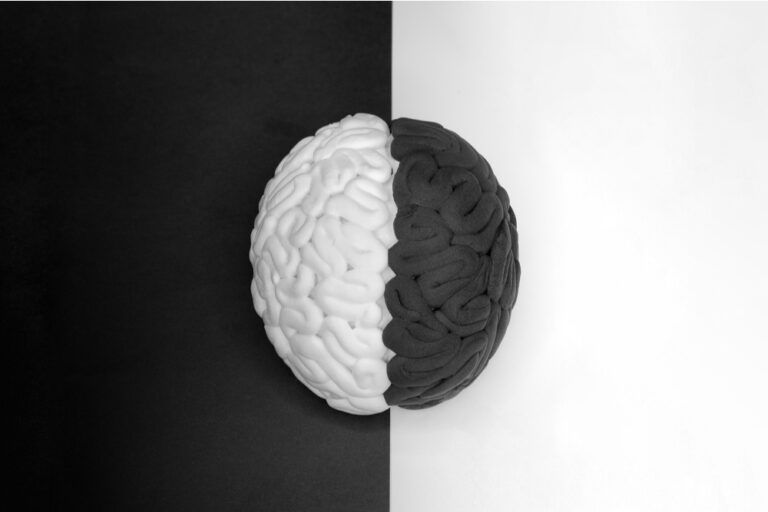The Stealthy Impact: Recognizing the Signs of a Concussion
In the complex tapestry of health and well-being, concussions are the subtle, often overlooked threads that can unravel even the most robust of fabrics. These brain injuries, cloaked in ambiguity, lurk in the aftermath of impacts both minor and severe, whispering symptoms that might be mistaken for less sinister ailments. Yet, understanding and identifying a concussion is not an arcane skill reserved for medical professionals alone. It’s a critical knowledge that each of us should possess, akin to learning the basics of first aid. So, let’s embark on a journey to demystify the signs of a concussion, equipping ourselves with the insight to detect this invisible adversary.
The Invisible Bruise
A concussion is a form of traumatic brain injury (TBI) that results from a blow to the head or body, a fall, or another injury that jars or shakes the brain inside the skull. Although it may not be visible on the surface, the impact can cause the brain to bounce or twist, leading to chemical changes in the brain or even damage to brain cells.
Deciphering the Signs
The challenge with concussions is their chameleon-like nature; they can manifest through a spectrum of symptoms that vary in intensity and duration. Here are the critical signs to watch for:
- Confusion and Amnesia: Immediately following an impact, the person may appear dazed or puzzled, exhibiting confusion about events leading up to or following the injury. Temporary amnesia, particularly forgetting the incident itself, is a hallmark sign.
- Headaches: A persistent, nagging headache that either develops immediately after the injury or in the ensuing days is a red flag. This isn’t your average headache but one that persists and resists typical analgesics.
- Nausea or Vomiting: Feeling nauseous or vomiting after a head injury is a significant indicator of a concussion.
- Balance Issues: Experiencing dizziness or problems with balance and coordination suggests that the brain’s control over these functions has been compromised.
- Sensitivity to Light and Noise: A newfound intolerance to light and sound, where both become overwhelmingly uncomfortable, can indicate a concussion.
- Sleep Disturbances: Sleeping more than usual, difficulty falling asleep, or experiencing disturbances in sleep patterns are common post-concussion symptoms.
- Mood Swings: Uncharacteristic changes in mood, such as irritability, sadness, or bouts of emotional instability, may surface after a concussion.
- Cognitive Challenges: Experiencing difficulty with concentration, memory lapses, and a noticeable slowing in thought processes are signs that the brain is recovering from an injury.
The Path to Diagnosis
Suspecting a concussion demands immediate action. The first step is to cease any activity and consult a healthcare provider for a professional evaluation. Diagnosing a concussion involves a careful examination, which may include testing reflexes, balance, coordination, and memory. In some cases, imaging tests like CT scans or MRIs might be employed to rule out more severe injuries.
Embracing Recovery
Recovery from a concussion is a gradual process that requires both physical and mental rest. This means limiting activities that could exacerbate symptoms, including strenuous physical exertion and activities requiring intense concentration. Guided by a healthcare professional, individuals can gradually reintroduce activities, carefully monitoring for any recurrence of symptoms.
Final Thoughts
Recognizing a concussion is akin to deciphering a complex puzzle where the pieces are subtle symptoms. Armed with the knowledge of these signs, we’re better prepared to identify concussions in ourselves and others, ensuring that this invisible adversary is met with prompt, effective action. Remember, when in doubt, err on the side of caution and seek professional medical advice. Your brain is an irreplaceable asset—treat it with the care it deserves.

















